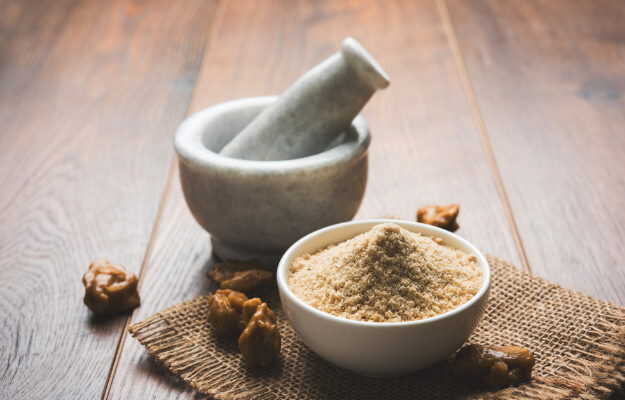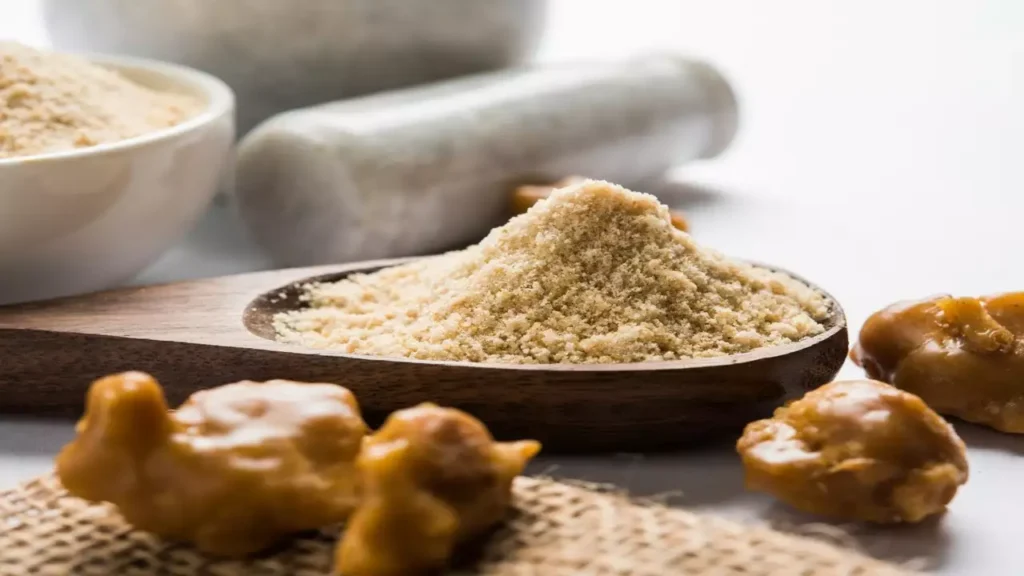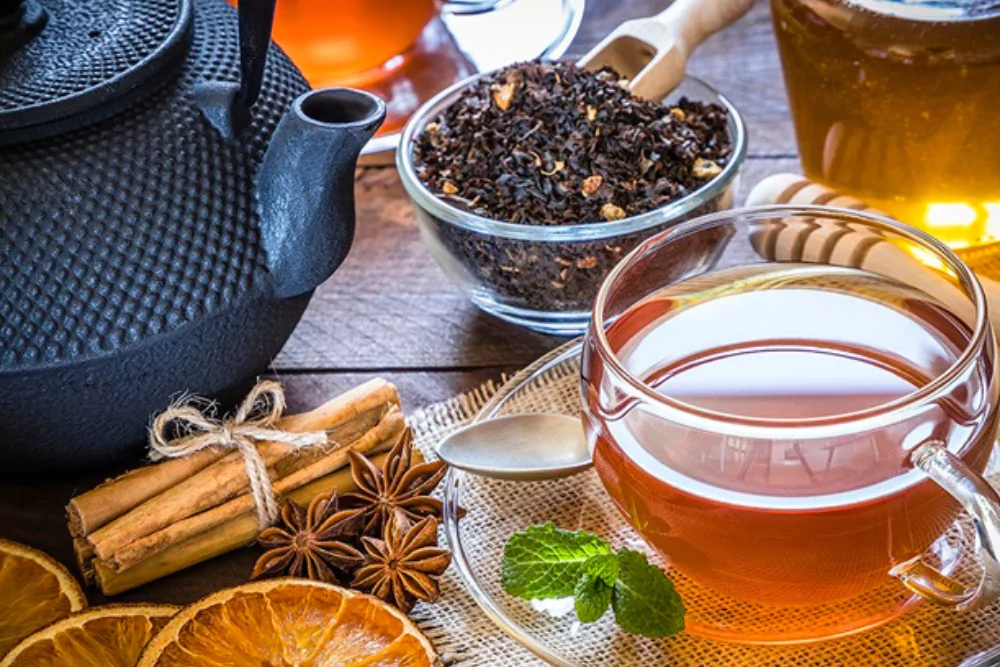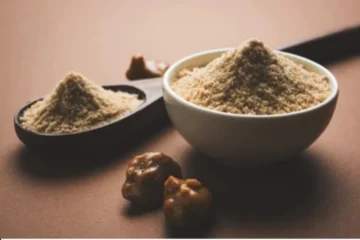What are the health benefits of Hing tea?
Short answer: Hing tea is known for its digestive, anti-inflammatory, and immune-boosting properties, making it an excellent remedy against viruses.
Long answer:
- Boosts Immunity: Hing (Asafoetida) contains antioxidants that help strengthen the immune system, protecting the body from viral infections.
- Improves Digestion: Hing tea aids in digestion by stimulating digestive enzymes and reducing bloating and gas.
- Anti-inflammatory Properties: The anti-inflammatory compounds in Hing help reduce inflammation in the body, providing relief from various inflammatory conditions.
- Antiviral and Antibacterial: Hing has natural antiviral and antibacterial properties that help combat infections and promote overall health.
Regular consumption of Hing tea can significantly improve your overall health by boosting your immune system and helping your body fight off infections more effectively. The antioxidants present in Hing help to neutralize free radicals, reducing oxidative stress and enhancing your body’s natural defense mechanisms. Additionally, Hing tea promotes the production of white blood cells, which are crucial for a robust immune response.
How does Hing tea compare to other immune-boosting beverages?
Short answer: Hing tea offers unique benefits that are comparable to other immune-boosting beverages like green tea, turmeric tea, and ginger tea.
Long answer:
- Green Tea: Rich in antioxidants and polyphenols, green tea boosts immunity and metabolism. Hing tea also offers these benefits with its unique compounds.
- Turmeric Tea: Known for its powerful anti-inflammatory and antioxidant properties, turmeric tea helps in fighting infections. Hing tea complements these benefits with its digestive aids.
- Ginger Tea: Ginger tea is effective in combating colds and flu due to its anti-inflammatory properties. Hing tea similarly helps in reducing inflammation and boosting immune health.
- Unique Benefits: Hing tea’s digestive and antiviral properties make it a unique addition to the list of immune-boosting beverages, providing a well-rounded approach to health.
While each of these teas has its own set of benefits, Hing tea stands out due to its combination of digestive aids and immune-boosting properties. Green tea is well-known for its ability to boost metabolism and provide a steady source of energy throughout the day. Turmeric tea, on the other hand, is celebrated for its anti-inflammatory and antioxidant properties, which help in fighting infections and reducing inflammation. Ginger tea is particularly effective in combating colds and flu, thanks to its anti-inflammatory compounds.
Hing tea brings a unique blend of benefits to the table, offering a holistic approach to health and wellness. Its antiviral and antibacterial properties make it an excellent choice for those looking to enhance their immune system and protect themselves from various infections. The digestive benefits of Hing tea further add to its appeal, making it a versatile and beneficial beverage for overall health.

Are there any side effects of consuming Hing tea?
Short answer: Hing tea is generally safe, but excessive consumption can lead to digestive issues and allergic reactions in some individuals.
Long answer:
- Digestive Issues: While Hing tea aids digestion, consuming it in large amounts can cause stomach upset, diarrhea, or nausea.
- Allergic Reactions: Some individuals may be allergic to Hing, experiencing symptoms like swelling, itching, or difficulty breathing.
- Blood Pressure Fluctuations: Hing can affect blood pressure levels, so individuals with blood pressure issues should consult a healthcare provider before consumption.
- Pregnancy and Breastfeeding: Pregnant and breastfeeding women should avoid Hing tea due to potential adverse effects on the fetus or infant.
It is essential to be aware of the potential side effects and consume Hing tea in moderation. While Hing tea is generally safe for most individuals, excessive consumption can lead to digestive issues such as stomach upset, diarrhea, or nausea. If you experience any adverse effects after consuming Hing tea, it is best to reduce your intake and consult with a healthcare professional.
Allergic reactions to Hing, although rare, can occur in some individuals. Symptoms of an allergic reaction may include swelling, itching, or difficulty breathing. If you suspect that you are allergic to Hing, it is crucial to discontinue use immediately and seek medical advice.
Individuals with blood pressure issues should also exercise caution when consuming Hing tea, as Hing can affect blood pressure levels. If you have any concerns about how Hing tea might impact your blood pressure, it is advisable to consult with a healthcare provider before incorporating it into your diet. Additionally, pregnant and breastfeeding women should avoid Hing tea due to potential adverse effects on the fetus or infant.
How do I make Hing tea at home?
Short answer: To make Hing tea, you’ll need water, a pinch of Hing (Asafoetida), honey, and lemon. Boil the water, add Hing, and let it simmer. Then, add honey and lemon to taste.
Long answer:
- Ingredients: 2 cups of water, a pinch of Hing (Asafoetida), 1 tablespoon of honey, 1 tablespoon of lemon juice.
- Boil Water: Bring 2 cups of water to a boil in a pot.
- Add Hing: Add a pinch of Hing (Asafoetida) to the boiling water and let it simmer for 5 minutes.
- Strain: Strain the tea to remove any residues.
- Add Honey and Lemon: Add 1 tablespoon of honey and 1 tablespoon of lemon juice to the tea. Stir well.
- Serve: Pour the Hing tea into cups and enjoy it while it’s warm.
Making Hing tea at home is a simple and rewarding process that allows you to enjoy its numerous health benefits. The key ingredients for Hing tea are water, a pinch of Hing (Asafoetida), honey, and lemon. These ingredients come together to create a soothing and flavorful beverage that can be enjoyed at any time of the day.
To begin, bring 2 cups of water to a boil in a pot. Once the water reaches a rolling boil, add a pinch of Hing (Asafoetida) to the pot. Allow the mixture to simmer for about 5 minutes, allowing the Hing to infuse its beneficial properties into the water. After simmering, strain the tea to remove any residues and achieve a smooth consistency.
Next, add 1 tablespoon of honey and 1 tablespoon of lemon juice to the strained tea. Stir well to ensure that the honey and lemon are fully incorporated. The honey adds a natural sweetness to the tea, while the lemon provides a refreshing tang and boosts the tea’s immune-enhancing properties. Pour the Hing tea into cups and enjoy it while it’s warm for the best experience.
Can Hing tea be included in a daily diet?
Short answer: Yes, Hing tea can be included in a daily diet, but it should be consumed in moderation to avoid potential side effects.
Long answer:
- Moderation is Key: Including Hing tea in your daily diet can provide numerous health benefits. However, it is essential to consume it in moderation to avoid any adverse effects.
- Complementary to Meals: Hing tea can be a great addition to your morning or evening routine, complementing your meals and enhancing digestion.
- Hydration: Like other herbal teas, Hing tea contributes to daily hydration, which is vital for overall health and well-being.
- Balance with Other Beverages: While Hing tea is beneficial, balancing it with other immune-boosting and hydrating beverages like green tea, turmeric tea, and water is essential.
Conclusion
Hing tea is a traditional remedy known for its immune-boosting, digestive, and anti-inflammatory properties. While it offers numerous health benefits, it is crucial to consume it in moderation to avoid potential side effects. By incorporating Hing tea into your daily diet, you can enhance your overall health and well-being. Try making Hing tea at home with our simple recipe and enjoy its unique benefits.





